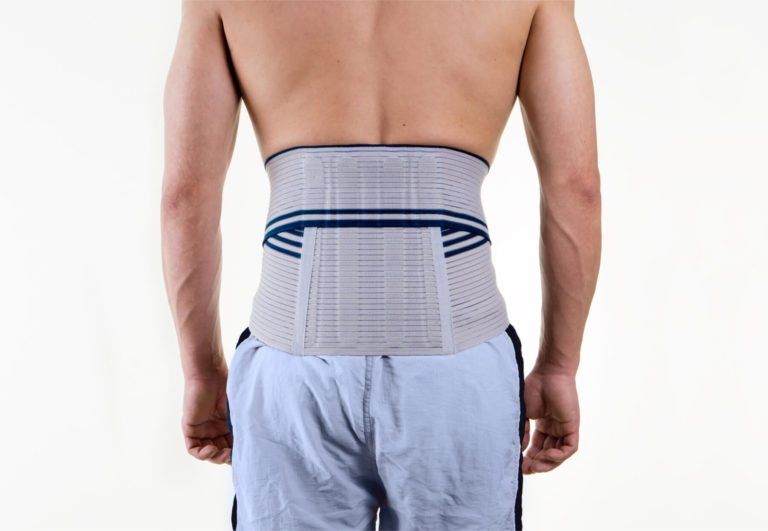Vertebral Compression Fracture

Strong, durable, and flexible, our spines serve us throughout most of our life without fail, allowing us to enjoy an active lifestyle and freedom of movement. Sometimes, whether due to illness or injury this important structural system can suffer damage, especially in older patients. One common form of injury to the spine in those with poor density is a spinal compression fracture, especially in those with osteoporosis. Vertebral compression fractures typically occur as part of the normal daily activity on a body with compromised bone density, and simple acts such as coughing, reaching, or lifting something unusually heavy can cause the spine to fracture. Vertebral compression fractures symptoms can be subtle, feeling like simple back-pain or stiffness. Sometimes the pain is quite severe at first but fades with bed-rest, pain medication, and hot/cold compresses. Make no mistake, if you suffered a spinal compression fracture it’s still there, you simply aren’t feeling it. If you think you may have suffered a compression fracture, contact your South Carolina Orthopedic Surgeon, Dr. Peelle and express your concerns so that the proper testing can be done.
FAQ:
1. What risk factors contribute to the possibility of a vertebral compression fracture?
As in most conditions affecting the bones, age is a primary contributing factor, as the wear and tear of getting older contributes to conditions like osteoporosis. In addition, women are particularly at risk in their later years due to bone loss, especially those who are post-menopause. Any pre-existing injuries to the spine can also contribute to risks of reinjury. Finally, unhealthy lifestyle habits, including smoking, high consumption of alcohol, and a sedentary lifestyle can have a major role.
2. What symptoms should I watch for if I think I may have a vertebral compression fracture?
When bone loss first begins to occur, you may feel a dull ache in your bones or muscles, most fractures of this kind occur over time, rather than all at once. However, unusual or acute stress on the spine can result in a sudden fracture, such as when lifting a particularly weighty object. It is also possible for a seemingly minor trauma to lead to a fracture, such as with coughing or reaching. The pain you experience may be minor, or immediately severe and sharp, and it may last a long time, or only for a short while. Consult Dr. Peelle if you’re concerned or suffer lower back pain.
3. How will Dr. Peelle diagnose and treat my verterbal compression fracture?
If you’re concerned you may have a spinal fracture, schedule a bone density test and alert Dr. Peelle to your concerns. A physical exam will follow, and Dr. Peelle may order an x-ray or other diagnostic tests to determine if you have a spinal fracture. Treatment varies, including bed rest and bracing in less severe cases, along with typically low-strength pain medications. However, there are risks associated with this, including persistent pain, deformity of the spine, and a compromised spinal canal. Discuss your treatment with Dr. Peelle and follow his advice.

